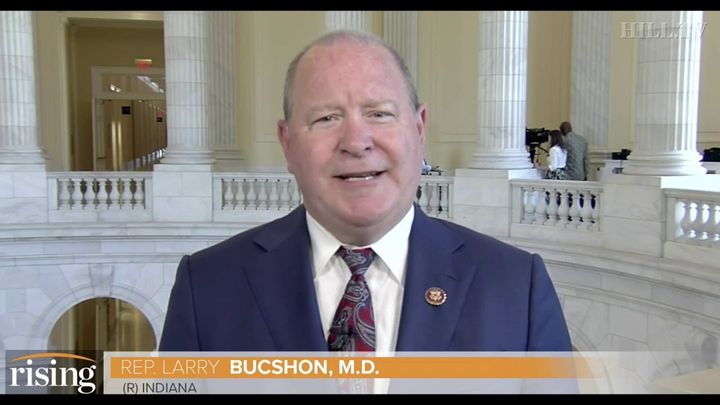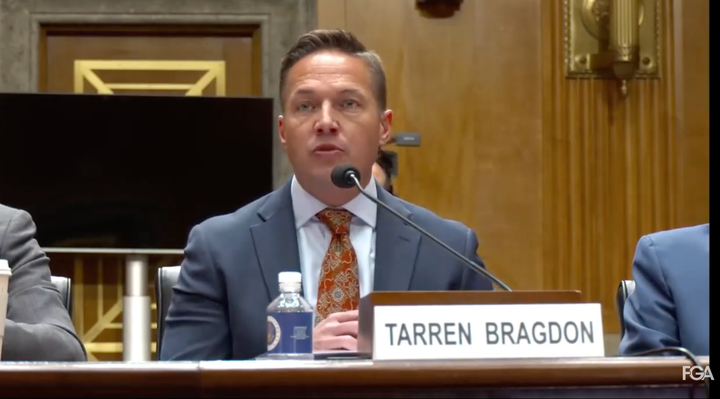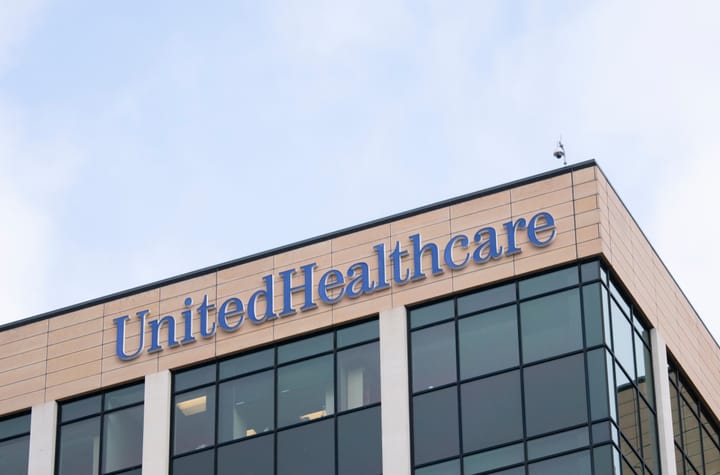Last week, Rep. Larry Bucshon (R-Ind.) told The Hill that he had concerns with a Trump administration proposal to require pharmaceutical companies to disclose the cost of their drugs in television ads.
“Putting just the list price on a television ad, for example, doesn’t help the consumer very much, because it’s a very complicated process,” he said. “I do have some concerns about providing information to the consumer.”
What Bucshon did not say is that just a few days earlier he had received campaign contributions from two pharmaceutical companies that sued the government, successfully, to block the rule.
On June 28, Bucshon received a campaign contribution from the PAC of Eli Lilly for the maximum legal amount of $5,000, as well as a $2,500 contribution from Merck, according to a campaign finance report filed with the Federal Election Commission.
Eli Lilly, Merck, and Amgen sued the administration in June after the disclosure rule was proposed, arguing that the Department of Health and Human Services did not have statutory authority to impose it and that it violates the First Amendment. On July 8, a federal judge ruled in favor of the drug companies and halted the rule from taking effect.
Bucshon, who is a member of the House Energy and Commerce Subcommittee on Health, reported receiving campaign contributions from the PACs of several other pharmaceutical manufacturing and distribution companies in his second-quarter campaign finance report, including Genentech ($5,000), Roche Holdings ($5,000), GlaxoSmithKline ($3,500), Novartis ($3,500), AbbVie ($2,500), AstraZeneca ($2500), McKesson ($1,850), Takeda Pharmaceutical ($1,000), AmerisourceBergen ($1,000), and Sanofi ($1,000). He also received $2,500 each from the two largest pharmaceutical industry trade associations, the Biotechnology Innovation Organization (BIO) and the Pharmaceutical Research and Manufacturers of America (PhRMA).
Over the course of his ten-year career in federal politics, Bucshon has received $309,574 from PACs and employees of companies in the pharmaceutical/health products industry, according to the Center for Responsive Politics.
The television ad disclosure rule is not the first time Bucshon has sided with his pharmaceutical industry donors in opposition to a Trump administration drug pricing reform. In November 2018, he criticized the administration’s proposal to reduce the price the government pays for drugs for its Medicare program to the same average amount that other countries pay, saying that “any proposal that would lead to government price-fixing in that space is a pathway we don’t want to follow.”
Bucshon did not immediately respond to Sludge’s request for comment.
Related:



